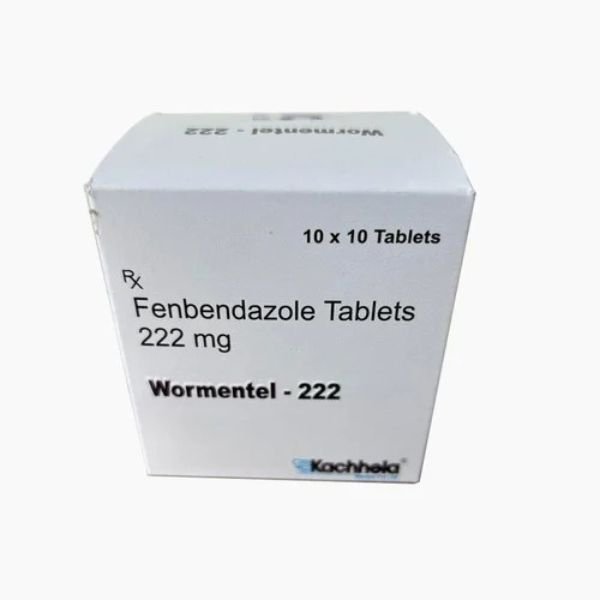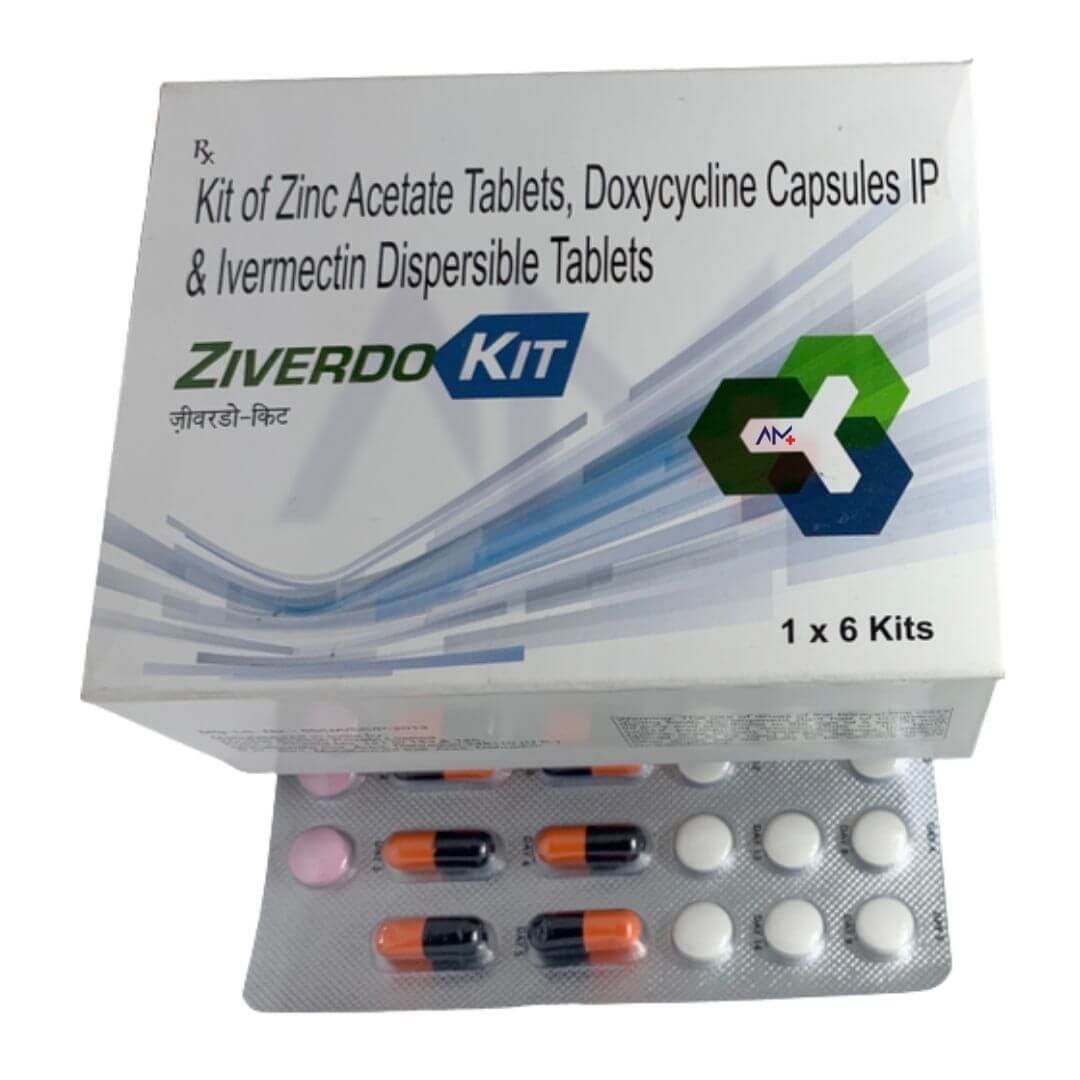Why Deworming is Essential for Health: A Complete Guide
Have you ever considered that tiny, invisible invaders might be living inside you right now? 🦠 Parasitic worms are more common than you might think, affecting millions of people worldwide. These sneaky creatures can silently wreak havoc on your health, causing symptoms ranging from mild discomfort to severe complications.
But here’s the good news: there’s a simple solution that can make a world of difference. Deworming is a crucial yet often overlooked aspect of health maintenance. It’s not just for pets or livestock; humans need it too! By understanding the importance of deworming and implementing effective strategies, you can safeguard your health and well-being.
In this comprehensive guide, we’ll dive deep into the world of parasitic infections and explore why deworming is essential for optimal health. From understanding different types of worms to learning about effective deworming methods, we’ll cover everything you need to know to keep these unwanted guests at bay. Let’s embark on this eye-opening journey to better health! 🌟
Understanding Parasitic Infections

Common types of intestinal worms
Intestinal worms are a common health concern worldwide. The most prevalent types include:
- Roundworms (Ascaris lumbricoides)
- Hookworms (Ancylostoma duodenale and Necator americanus)
- Whipworms (Trichuris trichiura)
- Tapeworms (Taenia saginata and Taenia solium)
- Pinworms (Enterobius vermicularis)
| Worm Type | Transmission | Primary Symptoms |
|---|---|---|
| Roundworms | Contaminated soil | Abdominal pain, coughing |
| Hookworms | Skin contact with larvae | Anemia, fatigue |
| Whipworms | Ingestion of eggs | Diarrhea, rectal prolapse |
| Tapeworms | Undercooked meat | Weight loss, abdominal discomfort |
| Pinworms | Ingestion of eggs | Anal itching, restlessness |
How parasites affect human health
Parasitic infections can have severe consequences on human health, including:
- Malnutrition and nutrient deficiencies
- Impaired cognitive development in children
- Weakened immune system
- Anemia and fatigue
- Chronic gastrointestinal issues
Signs and symptoms of worm infestations
Common indicators of parasitic infections include:
- Abdominal pain and bloating
- Diarrhea or constipation
- Unexplained weight loss
- Fatigue and weakness
- Visible worms in stool
- Anal itching, especially at night
Risk factors for parasite exposure
Several factors increase the likelihood of parasitic infections:
- Poor sanitation and hygiene practices
- Consumption of contaminated water or food
- Walking barefoot in contaminated soil
- Close contact with infected individuals
- Travel to areas with high prevalence of parasites
- Weakened immune system
Understanding these aspects of parasitic infections is crucial for effective prevention and treatment. Now that we’ve covered the basics of parasitic infections, let’s explore why deworming is so important for maintaining good health.
The Importance of Deworming

Health benefits of regular deworming
Regular deworming offers numerous health benefits that extend beyond simply eliminating parasites. By ridding the body of harmful worms, individuals can experience improved overall health and well-being. Here are some key advantages:
- Enhanced digestive health
- Increased energy levels
- Better sleep quality
- Reduced abdominal discomfort
- Improved appetite
Impact on nutrient absorption and growth
Intestinal worms can significantly hinder nutrient absorption, leading to malnutrition and stunted growth, especially in children. Deworming helps restore the body’s ability to absorb essential nutrients, promoting:
| Nutrient | Impact on Growth |
|---|---|
| Protein | Muscle development |
| Iron | Blood formation |
| Calcium | Bone strength |
| Vitamin A | Eye health |
Boosting immune system function
Parasitic infections can weaken the immune system, making individuals more susceptible to other diseases. Regular deworming helps strengthen the body’s natural defenses by:
- Reducing inflammation
- Allowing the immune system to focus on other threats
- Improving the effectiveness of vaccines
Preventing complications and chronic diseases
Left untreated, parasitic infections can lead to severe complications and chronic health issues. Deworming plays a crucial role in preventing:
- Anemia
- Intestinal obstruction
- Organ damage
- Cognitive impairment
By addressing these potential health risks, deworming contributes to long-term health and well-being. Now that we understand the importance of deworming, let’s explore the most effective methods for eliminating parasitic infections.
Effective Deworming Methods

Over-the-counter medications
Over-the-counter (OTC) deworming medications are widely available and effective for treating common parasitic infections. These medications typically contain active ingredients such as:
- Pyrantel pamoate
- Mebendazole
- Albendazole
| Medication | Target Parasites | Typical Dosage |
|---|---|---|
| Pyrantel pamoate | Pinworms, roundworms | Single dose |
| Mebendazole | Pinworms, whipworms, hookworms | 1-3 days |
| Albendazole | Various intestinal worms | Single dose or 1-3 days |
Prescription treatments
For more severe or resistant infections, prescription medications may be necessary. These treatments are often more potent and target a broader spectrum of parasites:
- Ivermectin
- Praziquantel
- Nitazoxanide
Natural remedies and herbal alternatives
Some people prefer natural alternatives for deworming. While less studied, these options may offer mild antiparasitic effects:
- Garlic
- Pumpkin seeds
- Black walnut
- Wormwood
Combination therapies for severe cases
In cases of severe or multiple parasitic infections, healthcare providers may recommend combination therapies. These approaches typically involve:
- Using multiple antiparasitic medications
- Combining prescription and OTC treatments
- Incorporating supportive therapies for symptom management
Now that we’ve explored effective deworming methods, let’s discuss the optimal frequency and timing for deworming treatments to ensure maximum effectiveness and long-term health benefits.
Deworming Frequency and Timing

Age-specific recommendations
Deworming frequency varies depending on age and risk factors. Here’s a general guide:
| Age Group | Recommended Frequency |
|---|---|
| Children (1-14 years) | Every 6 months |
| Adults (15+ years) | Annually or as needed |
| Pregnant women | After first trimester |
| High-risk groups | Every 3-4 months |
Children require more frequent deworming due to their higher exposure risk and developing immune systems. Adults in low-risk areas may need less frequent treatment, while those in high-risk professions or environments should deworm more often.
Seasonal considerations
Deworming timing often aligns with seasonal changes:
- Spring and Fall: Ideal for bi-annual treatments
- Rainy seasons: Increased risk of parasitic infections
- Summer: Higher outdoor activity may increase exposure
Adjust your deworming schedule based on local climate and lifestyle factors to maximize effectiveness.
Travel-related deworming
When traveling to areas with higher parasite prevalence:
- Consult a healthcare provider before departure
- Consider preventive deworming before the trip
- Follow up with post-travel deworming if recommended
- Be aware of region-specific parasites and appropriate treatments
Deworming for pets and its importance for human health
Regular pet deworming is crucial for both animal and human health:
- Deworm pets every 3-6 months
- Treat puppies and kittens more frequently
- Practice good hygiene after pet interactions
- Dispose of pet waste properly to prevent environmental contamination
By maintaining a consistent deworming schedule for both humans and pets, we create a barrier against parasitic infections and promote overall community health. Next, we’ll explore effective strategies for preventing reinfection after deworming treatments.
Preventing Reinfection

Proper hygiene practices
Maintaining good hygiene is crucial in preventing reinfection after deworming. Here are some essential practices:
- Wash hands thoroughly with soap and water, especially:
- Before eating or preparing food
- After using the toilet
- After handling pets or livestock
- Keep fingernails short and clean
- Avoid walking barefoot in contaminated areas
Safe food and water handling
Proper food and water management is vital to prevent parasitic infections:
| Food Safety | Water Safety |
|---|---|
| Wash fruits and vegetables thoroughly | Boil or filter drinking water |
| Cook meat and fish thoroughly | Avoid swallowing water while swimming |
| Avoid raw or undercooked foods | Use safe water for cooking and cleaning |
Environmental sanitation measures
Maintaining a clean environment helps reduce the risk of reinfection:
- Properly dispose of human and animal waste
- Keep living areas clean and free from feces
- Regularly clean and disinfect bathrooms and toilets
- Avoid using human waste as fertilizer in agriculture
Regular health check-ups and screenings
Routine medical visits play a crucial role in preventing reinfection:
- Schedule regular check-ups with your healthcare provider
- Undergo periodic stool examinations to detect parasites
- Follow your doctor’s recommendations for deworming frequency
- Report any symptoms of potential reinfection promptly
By implementing these preventive measures, you can significantly reduce the risk of reinfection after deworming. Remember, maintaining good hygiene, ensuring safe food and water practices, and regular health screenings are key to long-term parasite prevention. Next, we’ll explore some special considerations for deworming in specific populations.
Special Considerations for Deworming

Deworming during pregnancy and breastfeeding
Deworming during pregnancy and breastfeeding requires careful consideration. While treating parasitic infections is crucial, the safety of both mother and child is paramount. Generally, healthcare providers recommend deworming after the first trimester to minimize potential risks. Some antiparasitic medications are considered safe during pregnancy and lactation, but always consult a healthcare professional before starting any treatment.
| Trimester | Deworming Recommendation |
|---|---|
| First | Generally avoided |
| Second | Often considered safe |
| Third | Usually safe |
Deworming in children and the elderly
Children and the elderly are particularly vulnerable to parasitic infections. For children, regular deworming is essential for proper growth and development. The World Health Organization recommends deworming children annually in endemic areas. Elderly individuals may require special attention due to weakened immune systems and potential drug interactions.
Key considerations for these groups:
- Adjust dosage based on age and weight
- Monitor for side effects closely
- Combine deworming with nutritional support
Managing side effects of deworming treatments
While generally well-tolerated, deworming treatments can cause mild side effects. Common reactions include:
- Nausea
- Abdominal discomfort
- Diarrhea
- Dizziness
To manage these effects:
- Take medication with food
- Stay hydrated
- Rest if experiencing fatigue
- Consult a doctor if symptoms persist or worsen
Deworming in immunocompromised individuals
Immunocompromised individuals, such as those with HIV/AIDS or undergoing chemotherapy, require special care when deworming. These patients may be more susceptible to severe parasitic infections and potential complications from treatment. A tailored approach, often involving closer monitoring and possibly alternative medications, is necessary to ensure effective and safe deworming in this population.
Global Impact of Deworming Programs

Success stories in developing countries
Deworming programs have shown remarkable success in many developing countries, significantly improving public health outcomes. For instance, in Kenya, a school-based deworming program reduced worm infections by over 50% and increased school attendance by 7%. Similarly, India’s National Deworming Day initiative has reached millions of children, reducing the prevalence of soil-transmitted helminth infections.
Economic benefits of mass deworming initiatives
The economic impact of deworming programs extends far beyond immediate health improvements. Studies have shown that deworming can lead to:
- Increased productivity in adulthood
- Higher earnings potential
- Reduced healthcare costs
| Benefit | Impact |
|---|---|
| School attendance | Up to 25% increase |
| Adult earnings | 20% higher on average |
| Healthcare savings | Millions in reduced treatment costs |
Challenges in implementing widespread deworming
Despite the proven benefits, implementing large-scale deworming programs faces several obstacles:
- Limited resources in low-income countries
- Logistical difficulties in reaching remote areas
- Cultural barriers and misconceptions about treatment
- Potential development of drug resistance
Future directions in parasite control
As global efforts to combat parasitic infections continue, several promising approaches are emerging:
- Integration of deworming with other health initiatives
- Development of new, more effective antiparasitic medications
- Use of technology for better tracking and monitoring of infections
- Increased focus on improving sanitation and hygiene to prevent reinfection
These advancements, combined with ongoing global deworming initiatives, promise a future where the burden of parasitic infections is significantly reduced, leading to improved health outcomes worldwide.
Conclusion

Deworming plays a crucial role in maintaining overall health and well-being. By understanding parasitic infections and implementing effective deworming methods, individuals can protect themselves and their loved ones from the harmful effects of intestinal worms. Regular deworming, combined with proper prevention strategies, can significantly reduce the risk of reinfection and contribute to better health outcomes.
The global impact of deworming programs highlights the importance of this practice on a larger scale. By prioritizing deworming efforts, especially in vulnerable populations, we can collectively work towards improving public health and reducing the burden of parasitic infections worldwide. Remember to consult with healthcare professionals for personalized advice on deworming frequency and timing, and stay informed about special considerations that may apply to your specific situation.













Add comment